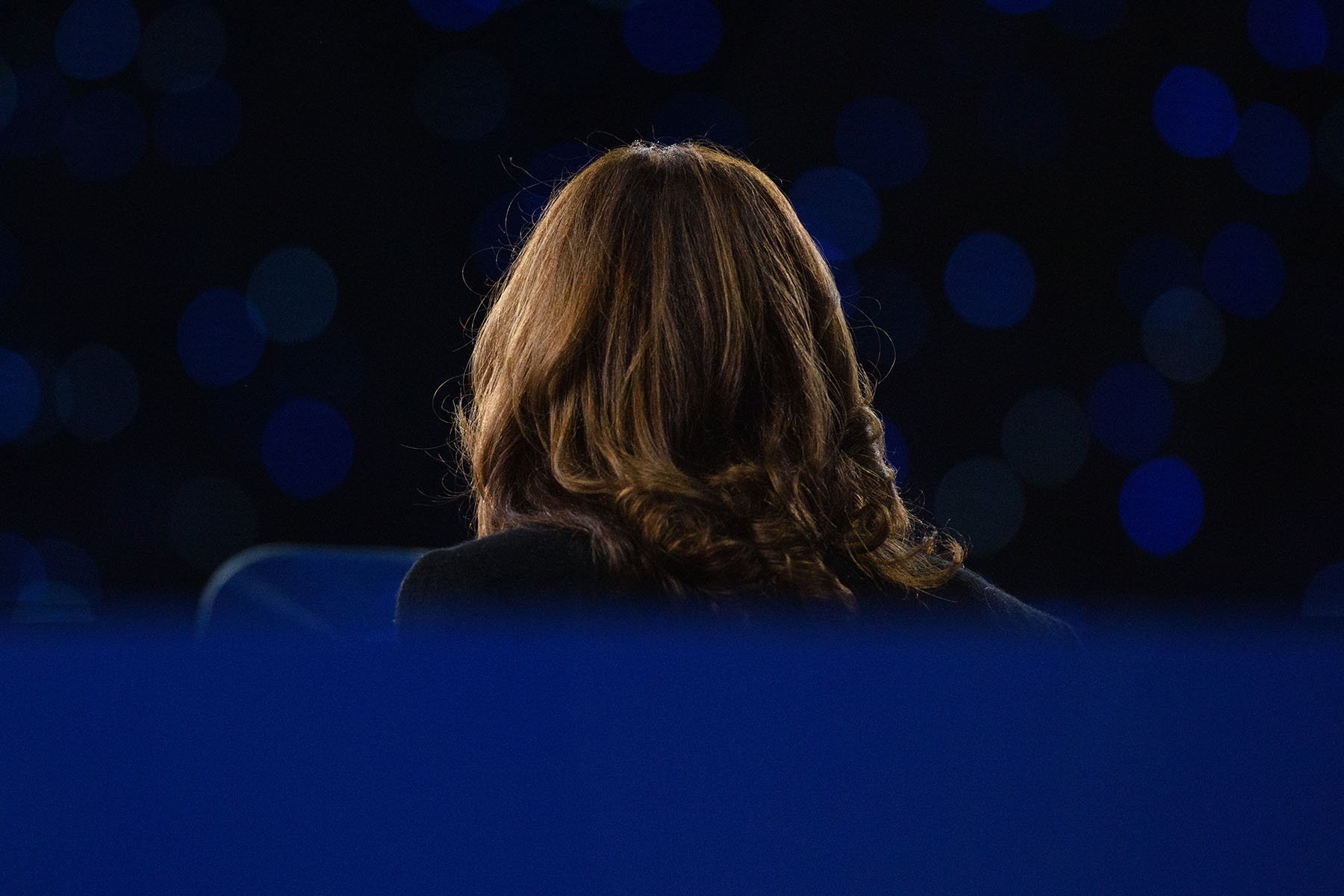This column first appeared in The Amendment, a biweekly newsletter by Errin Haines, The 19th’s editor-at-large. Subscribe today to get early access to Election 2024 analysis.
In 2016, America couldn’t vote for that woman. In 2020, the country couldn’t vote for those women.
In 2024, the same answer: Not her, either.
I have said this election would be about who we are as much as it was about both of the candidates running for president. So who are we?
The democracy that still has not put a woman in the White House.
Will we ever be ready? What will it take?
The first woman to run for president seeking a major party nomination, Shirley Chisholm, died in 2005. She did not live to see Hillary Clinton make history as the Democratic Party’s first woman nominee, who won the popular vote but lost the Electoral College. Four years later, Kamala Harris became the first woman vice president, giving the country a chance to normalize the leadership of a woman of color at the highest levels.
Harris was a worthy, capable and qualified adversary who put together a remarkable campaign in only 107 days. Much will be written about her shortcomings and the mistakes of the Democratic Party. But this is less an outcome about what Harris did wrong and more about Donald Trump’s strength and enduring power within the Republican Party, which I don’t know that any candidate could’ve overcome.
This raises questions about electability and the barriers that remain for women seeking our nation’s highest office.
Who will try again after the country has twice rejected the woman at the top of the ticket? Adding insult to injury, voters both times chose instead the same man, one with a history of racism and misogyny, who has been credibly accused of sexual assault, who admitted to groping women without their permission and who kept his vow to end federal protections for abortion.
To win, he relentlessly and repeatedly insulted his women opponents — a strategy that resonated with far too many of his supporters. In some cases, they encouraged him; in others, they looked away.
For the second time in eight years, his behavior has been reaffirmed by half of the American electorate, and we are faced with a reality: that much of the country still wants to be who we have always been, incapable of putting a woman in power.
Trump’s campaign was based on appeals to masculinity. He went on podcasts whose audiences are overwhelmingly men, and largely young men. Wrestling and mixed martial arts appeared at his convention and at his victory night party. His Make America Great Again movement hearkens to a time when women held less power.
Trump lost — but felt empowered to run again. After losing the Democratic primary in 2008, Hillary Clinton ran again in 2016, winning the popular vote but losing the Electoral College and the presidency. It is unclear whether Harris, who pledged in her concession speech to keep fighting, and who ran unsuccessfully in 2020, will run again in four years — or ever.
To be a first is to be a pioneer; to come up short is to be a pariah. For the women who have come achingly close to the presidency, to lose is not just about one race; it is about the door closing for the next person, the next cycle, indefinitely.








